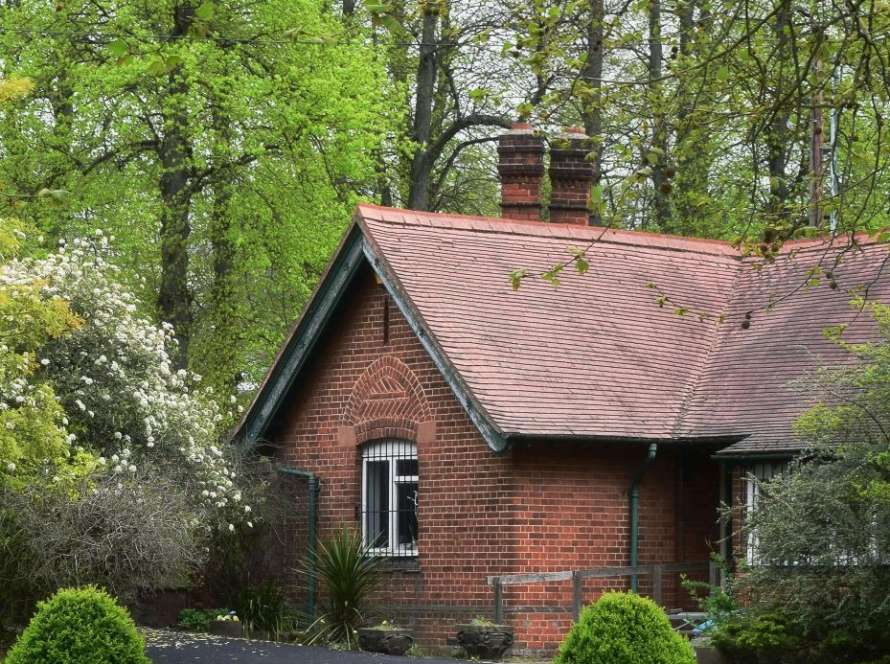Store Your Fuel – What to do, what not to do and why
As Cambridge’s trusted chimney specialists, we understand the unique challenges local homeowners face with fuel storage. Proper fuel storage is essential for efficient heating and chimney maintenance, particularly given East Anglia’s variable weather conditions.
The Importance of Proper Fuel Storage

According to the Guild of Master Chimney Sweeps, improper fuel storage is responsible for approximately 30% of preventable chimney problems. For properties across Cambridgeshire, from Victorian terraces in Cambridge to period cottages in Ely, correct fuel storage is crucial for:
- Maintaining heating efficiency
- Preventing chimney damage
- Reducing fire risks
- Optimising fuel costs
- Protecting your chimney system
Understanding Wood Moisture Content
HETAS guidelines specify that firewood should have a moisture content below 20%. Recent studies show that burning wood with higher moisture content:
- Reduces heating efficiency by up to 50%
- Increases creosote build-up by 75%
- Produces twice the smoke emissions
- Significantly increases maintenance costs
The Cost Impact of Burning Damp Wood
Using damp fuel affects both your pocket and your chimney:
Financial Costs
- Reduced heat output
- Increased fuel consumption
- Higher maintenance expenses
- Potential chimney repair costs
Environmental Impact
- Increased smoke production
- Higher carbon emissions
- Reduced burning efficiency
- Greater air pollution
Professional Storage Solutions
Essential Storage Requirements
1. Elevated Platform
- Use pallets for ground clearance
- Ensure proper drainage
- Maintain air circulation
- Prevent ground moisture absorption
2. Proper Covering
- Weather-resistant roof
- Adequate ventilation
- Protection from rain
- Wind consideration
3. Location Considerations
- Away from building walls
- Good air circulation
- Easy access
- Protected from prevailing winds
Regional Considerations for Cambridgeshire

Our local climate presents specific challenges:
- High humidity levels near the Fens
- Variable rainfall patterns
- Strong winds across open areas
- Seasonal temperature fluctuations
Best Practice Storage Methods
For Houses with Limited Space
- Utilise vertical storage solutions
- Consider covered log stores
- Maximise airflow
- Use moisture-resistant covers
For Properties with Gardens
- Create dedicated storage areas
- Install proper drainage
- Implement rotating stock systems
- Maintain ventilation paths
Professional Guidance
Ablewight Chimney Services offers comprehensive support:
- Storage assessment
- Moisture content testing
- Professional advice
- Regular chimney maintenance
Frequently Asked Questions
How long should wood be stored before burning?
According to HETAS guidelines, most hardwoods need to be seasoned for 18-24 months to reach the recommended moisture content of below 20%. Softwoods typically need 12-18 months. In Cambridgeshire’s humidity levels, proper storage conditions are essential to achieve these times. Always use a moisture meter to verify wood is properly seasoned before burning.
What’s the best way to store fuel in a period property?
Use well-ventilated, covered storage areas away from walls. For Cambridge’s historic homes, consider purpose-built log stores that complement the property’s character.
How can I test if my wood is dry enough to burn?
Use a moisture meter or look for signs like bark falling off, visible cracks, and a hollow sound when pieces are knocked together. Professional chimney sweeps can verify wood moisture content.
Where should I position my wood store?
Place it in a well-ventilated area, elevated from the ground, and protected from rain. Ensure easy access for restocking and collecting wood.
How much wood should I store for winter?
For an average Cambridge home using a wood burner regularly, store approximately 2-3 cubic metres of wood for the winter season.
Professional Services Available
We offer comprehensive chimney services across Cambridgeshire, Suffolk, Essex and Hertfordshire:
- HETAS-approved chimney sweeping
- CCTV chimney surveys
- Cre-away creosote removal
- Emergency support
- Bird nest removal
- Flue cleaning for Agas, gas appliances, and boilers
Contact us for expert chimney services and advice:
- 01223 627012
- hello@ablewight.co.uk
Our HETAS-registered and Trading Standards Approved professionals can advise on your chimney’s specific needs and maintenance requirements across Cambridge, Ely, Newmarket, Royston, Saffron Walden, St Ives, Huntingdon, St Neots, and Bishop’s Stortford.
Why Choose Ablewight?
- HETAS registered professionals
- Guild of Master Chimney Sweeps certified
- Trading Standards Approved
- Extensive local experience
- Comprehensive chimney services
- Expert advice


